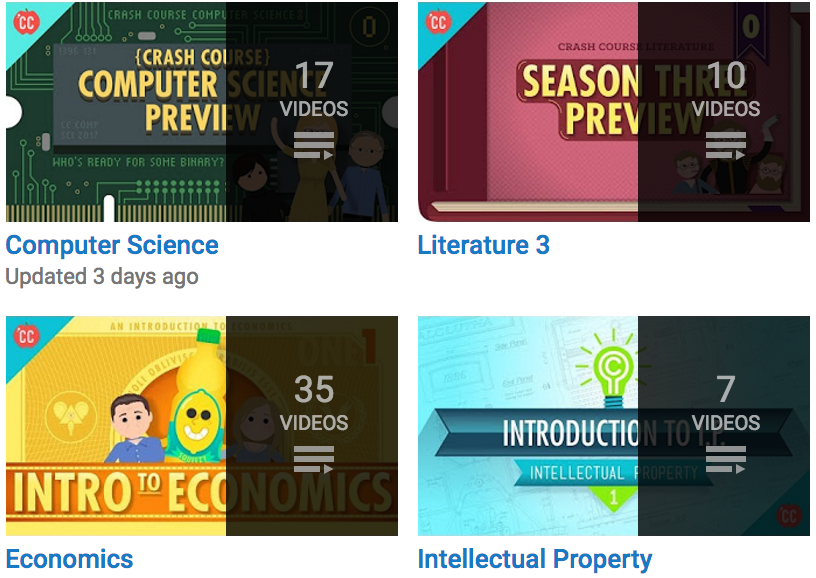Shortly after the Easter break we decided to find out what influenced students when buying and using resources. Our results showed similar patterns to previous surveys we had sent out, as well as highlighting new ideas and issues we hadn’t come across. We broke down the focus group into four sections; text buying, learning features, additional resources and communications. All of the participants are studying social science degrees varying from business management to geography.
Text Buying
We found that all of our participants were recommended to buy textbooks; however 70% of students did not actually buy the textbooks, and instead used online free eBooks or chose to share textbooks with their course mates.
Students said that it was easier to access an eBook as you did not have to carry around a big textbook and could find topics/chapters more easily with the additional ability to share specific pages with their friends too. However, they all thought it was hard to highlight sections of the books, and that information went in better when using a physical copy. The eBooks also gave students headaches and hurt their eyes after long periods of time.
If given the option of a free eBook 70% said they would use it, with only 30% choosing to buy the textbook. Although, if there was the option of a free textbook, 100% of participants would choose that over the eBook instead. The reasoning behind buying the textbook instead of the free eBook was the students would “just print off the eBook anyway”. One student also suggested the option to buy individual chapters as a compromise for the current price of textbooks.
Expensive…
One of the key issues with textbooks which keeps being highlighted throughout our research is the price of the materials on offer. Students have continually spoken about not buying a specific textbook purely based on price, not the layout or information included within. This is a problem for many students and our focus group reiterated that they would prefer to use a physical textbook but would choose to use an eBook on the sole basis that they are free.
Learning Features
When we asked students about their usage of learning features within a textbook the responses were fairly similar across the board. Students would use different learning features for different modules and mainly used the learning features to revise from. There was a mixed use of the glossary but 100% of the students would use definitions at the side of the text and summaries at the end of each chapter. They specifically used these two features as they make it easy to find information. Students did not use the exercise features as they would use mocks and seminar work provided by tutors.
We also asked what students would look for in a textbook and what would put them off buying/using a textbook and the feedback was as followed:
Additional Resources
Students do not only rely on using textbooks to help with research and revision. The most common resources used by students were: 
- YouTube
- Wikipedia
- Newspapers
- Online articles
- Google search
Students expressed that for essay writing, the use of web search is important but otherwise for exams and other forms of assessments all information is included in the textbook or they would use other books in the library. 50% of students found that their current textbooks provided online digital resources that they could use, including videos, multiple choice questions and other interactive information. However, 100% of students did not use these resources.
They felt as though there needed to be bigger advertising so people would know it is available. Students also suggested the digital resources included mocks for each topics that would correlate with what the lecturers would include in their exams.
Videos…
Surprisingly all participants use videos to aid their studies, which all found on YouTube. The videos include step-by-step videos which were mainly used for economic or mathematical equations. The videos would be used for clarification of a topic/concept as well as for revision. The ideal length of a video for students would be between 2-5 minutes for simple topics and 10-15 maximum for more detailed topics. Students also said a series of short videos would be easier for revision and referring back to when looking for a specific topic.
Communication
Within this section we discussed the communication between publishers and students. All participants agreed that no publishers had come into the university to speak to students. However, they would be open to hearing from them through social media such as Twitter. They also stated they had never thought of contacting a publisher and would choose to discuss the textbook with their lecturer instead.
 We also discussed the use of social media in terms of student study. Everyone agreed they did not use social media to study. Instead they would ask questions to their friends on group chats on applications such as Facebook Messenger and Whatsapp.
We also discussed the use of social media in terms of student study. Everyone agreed they did not use social media to study. Instead they would ask questions to their friends on group chats on applications such as Facebook Messenger and Whatsapp.
Thank you to all of the participants involved; if you are interested in taking part in any future focus groups please contact us. Additionally, if you have any further questions regarding the results from our focus group either email us at sagestudentcalendar@gmail.com or leave a comment below.


